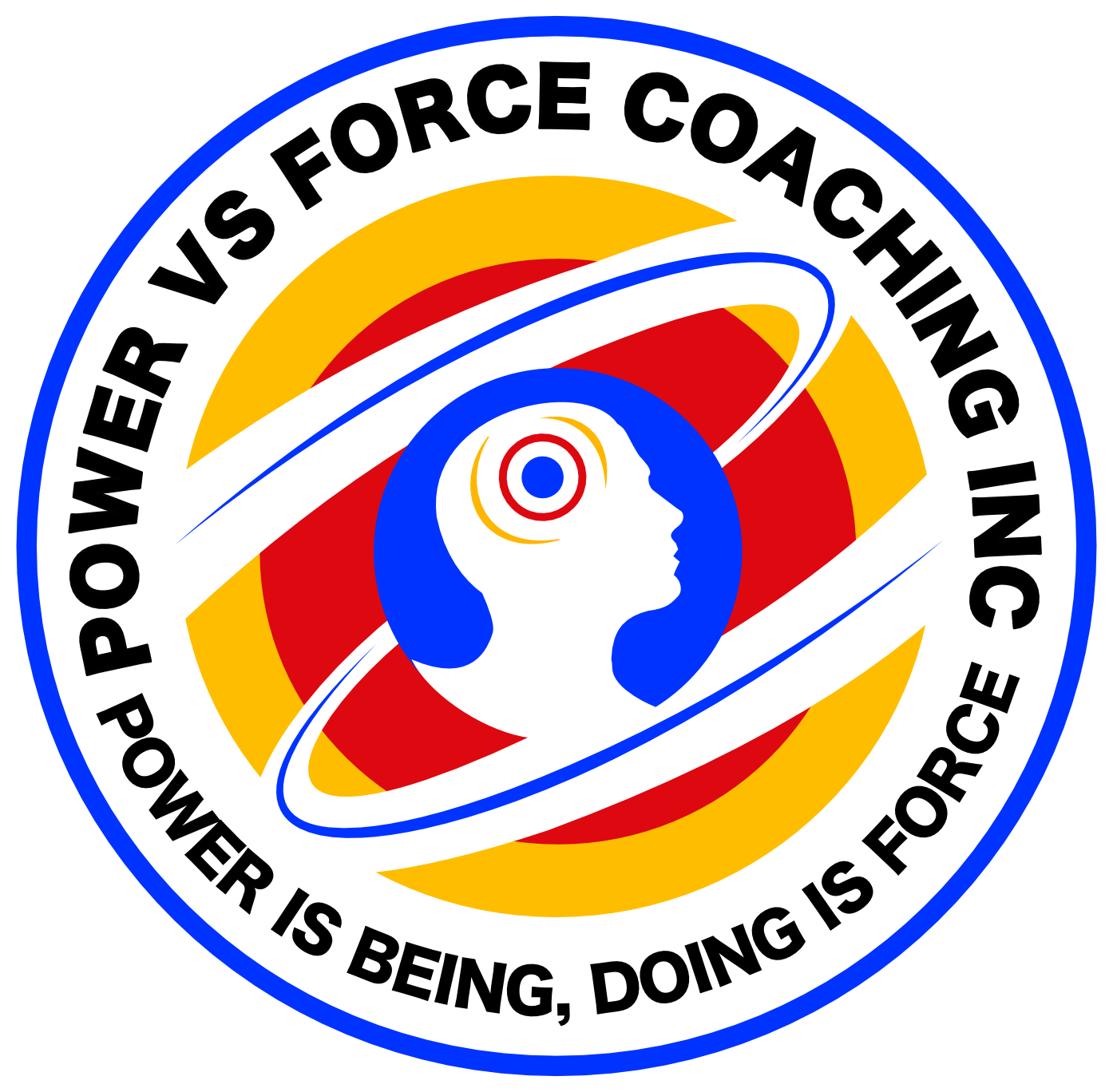“Energy management is the key to unlocking your full potential in hockey. It allows you to access your zone, where you can perform at your best and help your team succeed.” – Connor McDavid
As a COR.E Performance Dynamics Specialist, I understand the importance of energy management in sports, especially in a physically demanding sport like hockey. Hockey requires a high level of physicality and endurance, which makes it crucial for players to manage their energy levels effectively. In this blog, we will explore why energy management is the key to peak performance in hockey, and how it relates to zone access, where players can perform at their best.
What is Energy Management?
Energy management is the process of regulating your energy levels to optimize your performance. In hockey, energy management involves balancing the energy demands of the game with the energy available to the player. It is about being aware and understanding yourself to ensure that you have enough energy to sustain a high level of performance throughout the game. Effective energy management can help players perform at their best and avoid mental or emotional burnout or injury.
The Importance of Energy Management in Hockey
Hockey is a physically demanding sport that requires a high level of endurance, strength, and speed. Players need to be able to skate fast, change directions quickly, and make split-second decisions while under pressure. This level of physical and mental exertion requires a significant amount of energy, making energy management a crucial component of peak performance.
Effective energy management can help players maintain their focus and concentration throughout the game, which is essential for making quick decisions and executing plays accurately. It can also help players avoid fatigue, which can lead to a decline in performance, increased risk of injury, and slower recovery times.
The Link between Energy Management and Zone Access
Zone access refers to a state of mind and body where players can perform at their best. It is the ideal mental and physical state that allows players to access their full potential and execute plays with precision and speed. Zone access is essential for hockey players, as it enables them to make split-
second decisions and react quickly to the ever-changing dynamics of the game.
Energy management plays a critical role in achieving and maintaining zone access. When a player has effectively managed their energy levels, they are more likely to be in the right state of mind and body to access their zone. This is because they have enough energy to sustain their focus and concentration,
maintain their physical endurance, and execute plays with precision and speed.
In contrast, when a player is fatigued or has not managed their energy levels effectively, they are less likely to access their zone. This is because they may be experiencing mental or physical fatigue, which can impair their focus, decision-making, and execution. In other words, they are not in the optimal
state of mind and body to perform at their best.
Energy Management Strategies for Hockey Players
Effective energy management requires a combination of physical, mental, and emotional strategies. Here are some tips that hockey players can use to manage their energy levels effectively and achieve zone access:
- Maintain a balanced diet: Eating a balanced diet that includes complex carbohydrates, protein, and healthy fats can help sustain energy levels throughout the game.
- Stay hydrated: Drinking enough water and electrolyte-rich fluids can help maintain hydration levels, which are essential for optimal physical and mental performance.
- Get enough rest: Getting enough sleep and rest between games can help players recover and maintain their energy levels.
- Manage stress reactions: High levels of stress reactions can deplete energy levels and impair performance. Meditation techniques such as deep breathing, visualization, and mindfulness can help manage stress and maintain focus.
- Pace yourself: Players should pace themselves throughout the game to avoid burnout or fatigue. This means conserving energy during less intense moments and using bursts of energy during high-intensity plays.
- Use positive self-talk: Positive self-talk can help players maintain focus, boost confidence, and manage energy levels. Repeating positive affirmations or focusing on the present moment can help players stay in the zone and perform at their best.
In conclusion, energy management is crucial for peak performance in hockey. Effective energy management can help players maintain their focus, concentration, and physical endurance, which are essential for accessing their zone and performing at their best. Hockey players can use a combination of physical, mental, and emotional strategies to manage their energy levels effectively, including maintaining a balanced diet, staying hydrated, getting enough rest, managing stress, pacing themselves, and using positive self-talk. By implementing these strategies, hockey players can optimize their energy levels and achieve zone access, where they can perform at their best and lead their team to victory.





